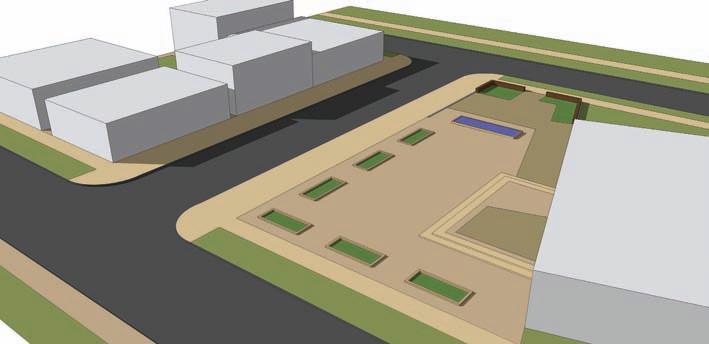Next, go to View > Toolbars. At the bottom of the pull-down menu, some of the Ruby Scripts and the Sandbox Tools will need to be checked for the tool menus to appear. Ruby Scripts will appear in various SketchUp menus. Table 5.2 lists where to find the Ruby Scripts documented in this book. Table 5.2: Activating Ruby Scripts in This Book
Script
To Activate
Randor
Plug-in menu
Drop
Right-click context menu
Intersect Overlapping Lines
Plug-in menu
Extend Close Opens
Plug-in menu
Delete Short Lines
Plug-in menu
Close Open Line Segments
Plug-in menu
Make Faces
Tools menu
Surface Tools
Separate toolbar
Terrain Reshaper
Right-click context menu
Joint Push Pull
Right-click context menu
Soap Skin Bubble
Separate toolbar
Simplify Contour
Plug-in menu
PathCopy (appears as Copy Along Path)
Plug-in menu
Troubleshooting an Installation In some cases, the Ruby Script will not load or an error will occur when SketchUp starts up, indicating there was a problem loading a script. Many Ruby Scripts come with a PDF file or text document that explains what steps are required to install the Ruby or how to fix the problems that prevented the Ruby installation. Some Ruby Scripts require additional Ruby Scripts to be loaded into the same folder. These sorts of requirements will be indicated in the documentation provided with the Ruby Scripts. If a problem persists, go to www.SketchUcation.com and ask for help at the Ruby user forums.
46
Part 1: Introduction to SketchUp




























































































